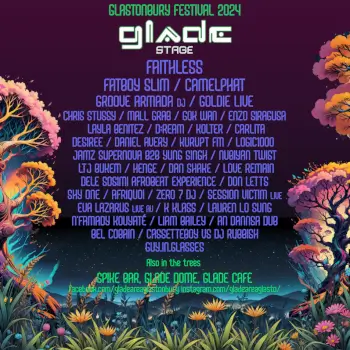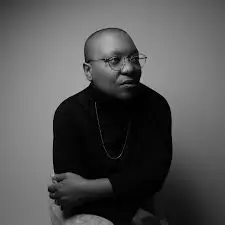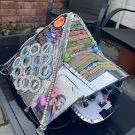-
Recently Browsing 0 members
- No registered users viewing this page.
-
Latest Activity
-
By billybigballs · Posted
Am I missing it or have they still not officially announced God Is An Astronaut? If not, do we assume they are one of the remaining A38 acts being announced tomorrow? Does anyone know what time the press conference takes place tomorrow? -
By turkey twizzler · Posted
Ahhhh yeah now that you mention it I do remember, but had to really stretch my brain to picture it. It's like opposite the treehouse stage in the woods right. Only ever really poked my head as I walked past. Thanks! -
By danbailey80 · Posted
There's been at least 2 stages for ages. In fact there used to be 3/4 stages with line ups in the past. The dome is under the trees where the main stage was few years ago. The main Glade stage is now massive and near where the the Glade Lounge and the Spaceport used to be. other side of the track (Spike bar side) -
Fingers crossed for more good names perhaps today and also hopeful of getting the comedy lineup in the next week.
-
It's basically the big-ish stage next door. If you find one, then you'd struggle not to find the other.
-
-
Latest Festival News
-
Featured Products
-

Monthly GOLD Membership - eFestivals Ad-Free
2.49 GBP/month
-
-
Hot Topics
-
Latest Tourdates















Recommended Posts
Join the conversation
You can post now and register later. If you have an account, sign in now to post with your account.